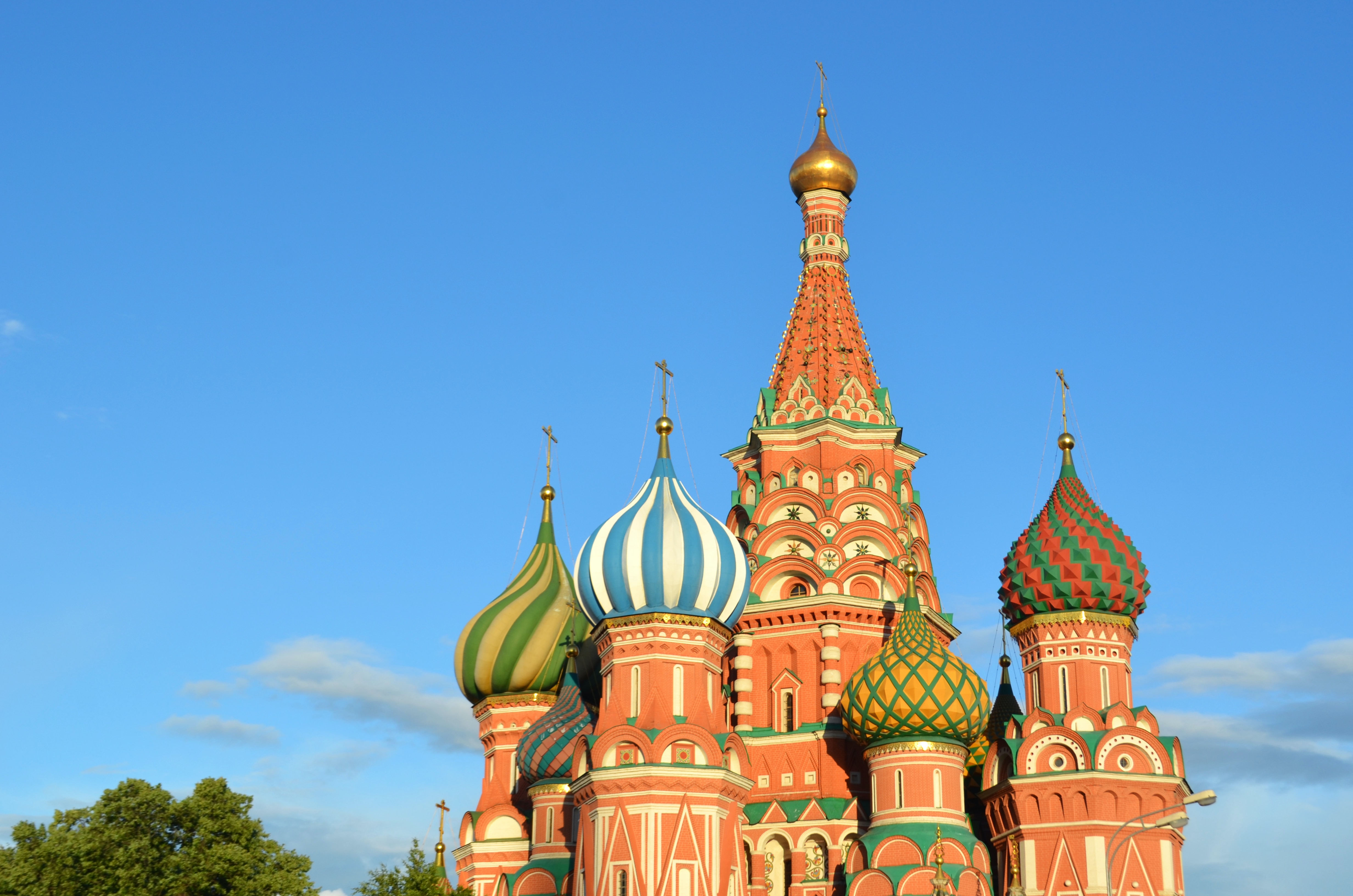
Jun 22, 2023
Macron would be inappropriate guest at BRICS summit, says Russia
The upcoming BRICS summit in Johannesburg has already grown to be embroiled in controversy as Russian Deputy Foreign Minister Sergei Ryabkov criticizes the potential attendance of French President Emmanuel Macron. With Russia expressing issues over antagonistic rules and calls for its isolation, tensions are growing within the alliance.
Additionally, South Africa unearths itself in a prison quandary regarding a capacity visit via Russian President Vladimir Putin due to an International Criminal Court arrest warrant. This weblog submission delves into the complexities surrounding Macron's preference to wait for the BRICS summit, analyzing the differing perspectives and the potential implications for the summit's dynamics and destiny path.
The BRICS Summit and its Global Significance:
The BRICS institution, comprising Brazil, Russia, India, China, and South Africa, holds tremendous international importance as a collective voice representing emerging economies. The summit offers a platform for member nations to discuss not unusually demanding situations, beautify monetary cooperation, and foster collaboration in numerous sectors. However, inviting non-BRICS leaders, such as Macron, has sparked debates and issues amongst member international locations, raising questions on the alliance's harmony and reason.
Russian Opposition to Macron's Attendance:
Sergei Ryabkov's opposition to Macron's potential attendance at the BRICS summit displays Russia's notion of France's policies as hostile and in alignment with NATO's stance on setting apart Russia. The ongoing tensions between Russia and Western international locations have drastically strained worldwide family members, and it will become essential for Russia to uphold the ideas of collaboration and mutual expertise within the BRICS alliance. Ryabkov's feedback may be seen as an effort to keep concord and team spirit in the group by way of preventing leaders who advise guidelines deemed adverse by way of Russia from having a platform on the summit. Russia's issues about capacity isolation and the want for a supportive environment within the BRICS alliance form their position on Macron's participation.
Maintaining concord within the BRICS alliance is essential for fostering meaningful cooperation and reaching the targets of the summit. By voicing their opposition to Macron's attendance, Russia seeks to make sure that the summit remains focused on addressing monetary challenges and strengthening collaboration amongst member international locations. The comments via Ryabkov mirror the importance of shared values and strategic alignment inside the BRICS alliance, where member international locations should be dedicated to working together toward common desires. This stance underscores Russia's dedication to promoting an ecosystem of solidarity and cooperation within the institution even as guarding against perceived adverse impacts.
South Africa's Legal Dilemma:
South Africa faces a prison predicament concerning a potential visit by using Russian President Vladimir Putin. As an International Criminal Court (ICC) member, South Africa would be obligated to arrest Putin primarily based on an ICC-issued warrant related to Ukraine warfare. Hosting the BRICS summit whilst complying with ICC arrest warrants poses a significant undertaking for South Africa. The country needs to cautiously navigate the criminal implications even as upholding its global commitments and maintaining diplomatic family members with Russia.
Implications for the BRICS Summit:
The controversy surrounding Macron's potential attendance at the BRICS summit brings to mild the complex dynamics within the alliance. The inclusion of non-BRICS leaders, which include Macron, introduces external factors that can disrupt the solidarity and attention of the alliance. The differing views and issues expressed with the aid of member nations, specifically Russia and France, replicate the complexities of aligning political considerations with the core principles of the BRICS alliance. The war of words between Russia and France over policies and calls for isolation reveals the challenges faced in fostering collaboration among nations with divergent interests and ideologies. Additionally, South Africa finds itself caught in a felony capture-22, as a member of the International Criminal Court (ICC) is obligated to arrest Putin if he attends because of the ICC-issued arrest warrant. This criminal predicament underscores the delicate balance between upholding worldwide duties and maintaining diplomatic family members inside the BRICS alliance.
However, amidst the controversy and prison-demanding situations, it is vital to understand the overarching objective of the BRICS summit: to beautify financial cooperation and deal with shared worldwide demanding situations. Finding a resolution requires member countries to interact in optimistic communication, respecting every different's perspectives and issues. Diplomatic finesse and a commitment to mutual knowledge are important in navigating these complex dynamics. By emphasizing the commonplace goals and values of the alliance, member nations can paint closer to finding a collectively desirable answer that upholds the integrity of the summit and promotes meaningful collaboration. Ultimately, it is through powerful communication and a shared dedication to the standards of the BRICS alliance that the capability roadblocks can be triumphed over, bearing in mind a productive and a success summit.
Finding a Resolution and Maintaining BRICS Unity:
Resolving the tensions and dilemmas surrounding Macron's attendance calls for careful international relations and a commitment to the core standards of the BRICS alliance. Member countries must engage in optimistic talk, respecting each different's perspectives and concerns, to find a collectively perfect solution. Exploring opportunity diplomatic alternatives and emphasizing the summit's recognition of strengthening the BRICS alliance and addressing economic and developmental demanding situations can help navigate this delicate state of affairs. It is essential to make sure that the summit remains a platform for efficient collaboration instead of turning into embroiled in contentious political debates.
Conclusion:
As the BRICS summit processes, the ability attendance of French President Emmanuel Macron has ignited controversy and raised legal dilemmas for South Africa. Balancing the various interests and worries in the alliance is important to preserve harmony and reason. Constructive talk, diplomatic finesse, and a dedication to the middle concepts of the BRICS alliance will be key in finding a decision that upholds the integrity of the summit and promotes significant collaboration among member countries. Ultimately, the capability to navigate those challenges will determine the achievement of the BRICS summit in fostering economic cooperation and addressing shared worldwide demanding situations.